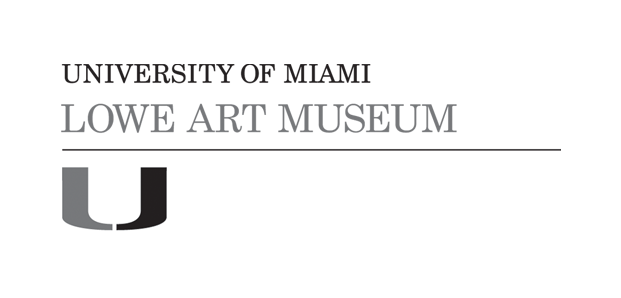Column Krater (Mixing Bowl)
Artist/Maker
Rycroft Painter and Shop
(Greece, ca. 520-500 BCE)
Dateca. 525-510 BCE
CultureGreek
Mediumpottery and paint
DimensionsOverall: 14 x 14 5/8 x 12 3/8 in. (35.6 x 37.1 x 31.4 cm)
ClassificationsContainers
Credit LineGift of Beaux Arts and Friends of Art in honor of Ira Licht
Terms
Object number89.0034
On View
On viewCollections













